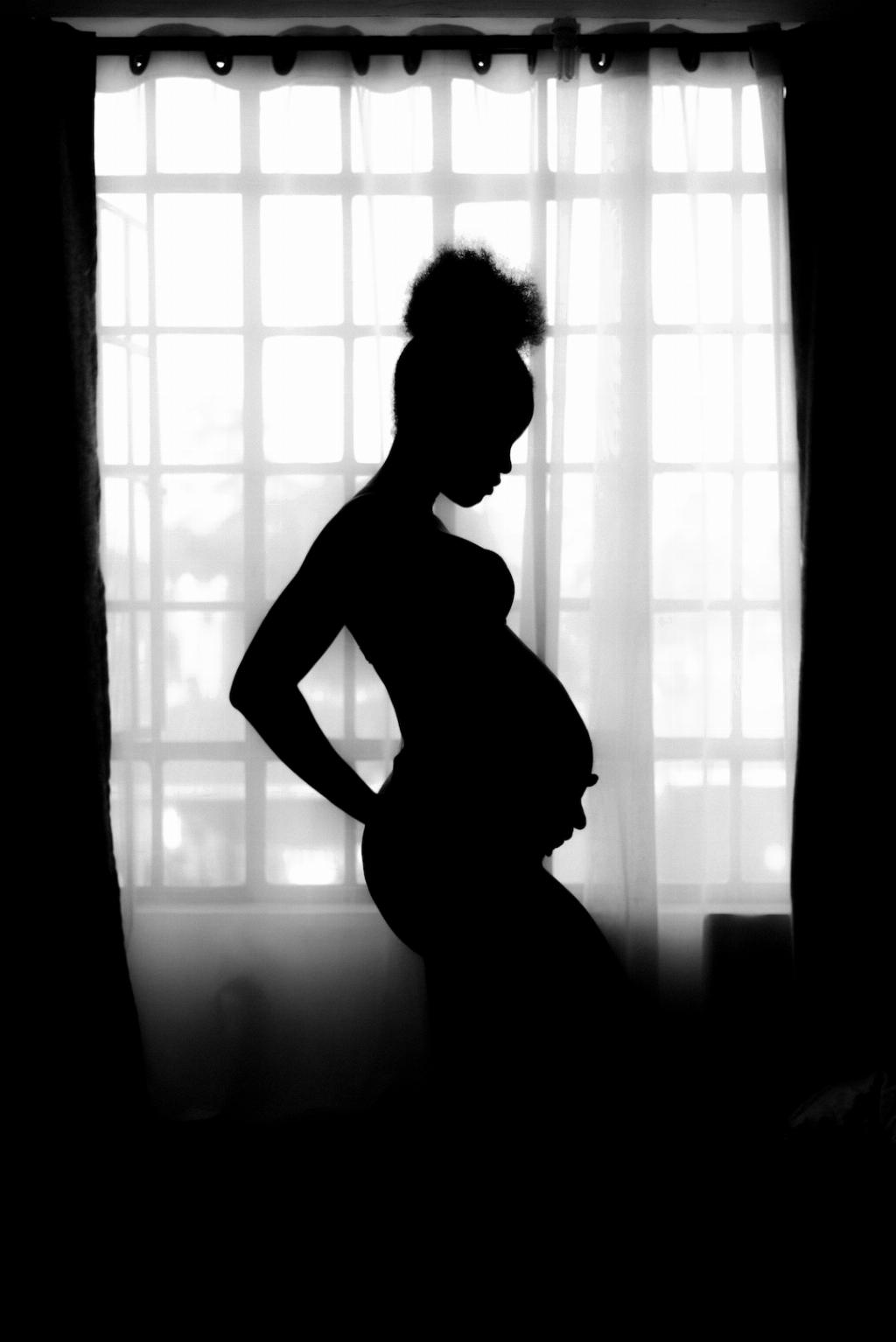One of the common questions that many women have when it comes to taking a pregnancy test is whether it’s better to do so at night or in the morning. There is some information to consider that may help you decide when might be the best time for you to take the test based on your circumstances.
It is generally recommended that if you are testing before the day of your expected period, using your first morning urine may be more effective. This is because the concentration of the pregnancy hormone hCG is typically higher in the morning, making it easier to detect in a test.
However, if you are testing on or after the day of your missed period, most pregnancy tests, like Clearblue™, are sensitive enough to detect hCG at any time of the day, including at night. Therefore, the time of day might not significantly impact the accuracy of the test results in this case.
Another factor to consider is your personal routine and lifestyle. If you tend to have a more regular sleep schedule and can consistently test with your first morning urine, this might be a convenient option for you. On the other hand, if you work night shifts or have irregular sleeping patterns, testing at night may be more practical.
Keep in mind that taking a pregnancy test can be a nerve-wracking experience, and you may feel anxious regardless of the time of day. It’s essential to choose a time that works best for you and makes you feel the most comfortable when taking the test.
If you have concerns about the accuracy of your test results, consider consulting with a healthcare provider. They can provide guidance on the best time to take a pregnancy test based on your specific situation and help interpret the results accurately.
Ultimately, the decision of whether to take a pregnancy test at night or in the morning depends on your individual preferences and circumstances. Both options can yield accurate results, so it’s essential to choose a time that aligns with your daily routine and allows you to feel at ease during the testing process.
Remember that no matter the time of day you decide to take the test, reading and following the instructions provided with the pregnancy test is crucial to obtaining reliable results. Make sure to carefully follow the recommended steps to ensure accurate testing.
While there may be slight variations in hCG levels throughout the day, modern pregnancy tests are designed to detect pregnancy accurately regardless of the time of testing. Therefore, you can have confidence in the results you obtain whether you choose to take the test at night or in the morning.
Regardless of your decision, try to remain patient while waiting for the test results. Waiting can be an anxious time, but it’s essential to give the test enough time to analyze the urine sample and provide an accurate reading.
In conclusion, the decision of whether to take a pregnancy test at night or in the morning ultimately depends on your personal preferences, routine, and comfort level. Both options can offer reliable results, so choose the time that works best for you and allows you to feel most at ease during the testing process.
Remember to take care of yourself during this significant moment, and reach out to healthcare professionals if you have any concerns or questions about the testing process or results. Your well-being is essential throughout this experience, and seeking support and guidance can help you navigate this time with confidence and peace of mind.

